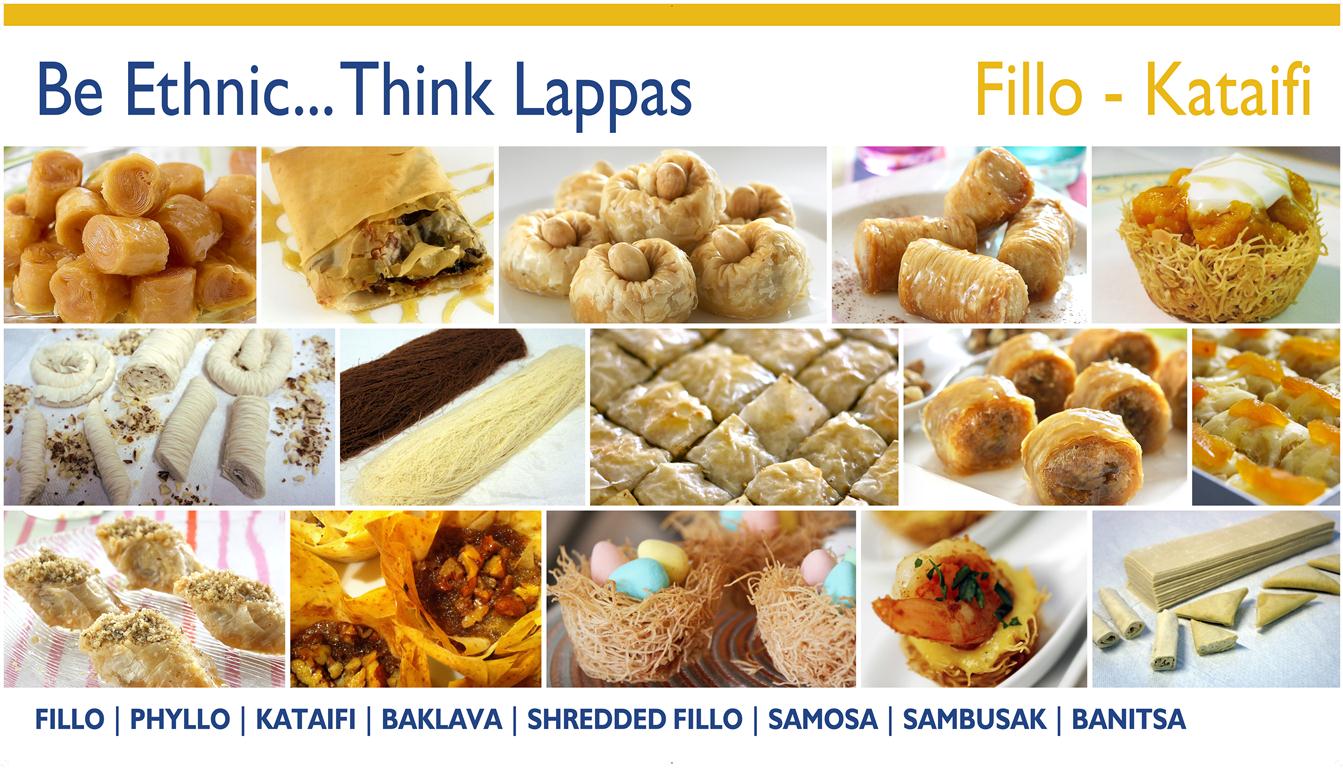FOOD PROCESSING JLAPPAS
Company J. LAPPAS Ltd was established in 1960
Food processing dates back to the prehistoric ages when crude processing incorporated slaughtering, fermenting, sun drying, preserving with salt, and various types of cooking (such as roasting, smoking, steaming, and oven baking). Salt-preservation was especially common for foods that constituted warrior and sailors' diets until the introduction of canning methods. Evidence for the existence of these methods can be found in the writings of the ancient Greek, Chaldean, Egyptian and Roman civilizations as well as archaeological evidence from Europe, North and South America and Asia.
Modern food processing technology developed in the 19th and 20th centuries was developed in a large part to serve military needs. In 1809 Nicolas Appert invented a hermetic bottling technique that would preserve food for French troops which ultimately contributed to the development of tinning, and subsequently canning by Peter Durand in 1810. Although initially expensive and somewhat hazardous due to the lead used in cans, canned goods would later become a staple around the world. Pasteurization, discovered by Louis Pasteur in 1864, improved the quality of preserved foods and introduced the wine, beer, and milk preservation. A form of pre-made split-pea soup that has become traditional
In western Europe and North America, the second half of the 20th century witnessed a rise in the pursuit of convenience. Food processing companies marketed their products especially towards middle-class working wives and mothers. Frozen foods (often credited to Clarence Birdseye) found their success in sales of juice concentrates and "TV dinners".
Benefits of food processing include toxin removal, preservation, easing marketing and distribution tasks, and increasing food consistency. In addition, it increases yearly availability of many foods, enables transportation of delicate perishable foods across long distances and makes many kinds of foods safe to eat by de-activating spoilage and pathogenic micro-organisms. Modern supermarkets would not exist without modern food processing techniques, and long voyages would not be possible.
Processed foods are usually less susceptible to early spoilage than fresh foods and are better suited for long distance transportation from the source to the consumer. Food processing can also reduce the incidence of food borne disease. Modern food processing also improves the quality of life for people with allergies, diabetics, and other people who cannot consume some common food elements. Food processing can also add extra nutrients such as vitamins.



